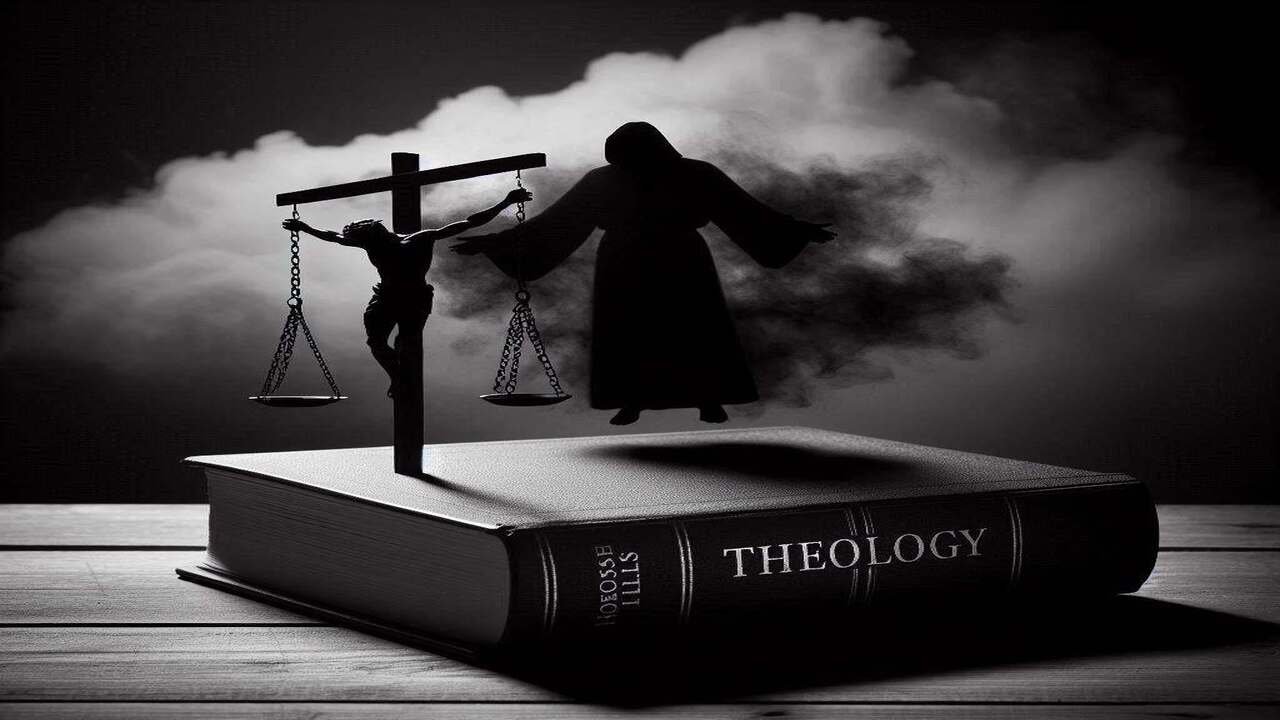Category: Christianty

Christians’ Belief in the Afterlife: Hope Beyond Death
For Christians, belief in the afterlife is a central tenet of their faith. Rooted in the resurrection of Jesus Christ, the Christian understanding of life after death offers a message of hope, restoration, and eternal communion with the divine. This profound belief in the afterlife shapes the way Christians approach the realities of mortality, imbuing

Sacraments: Essential Rituals in Christian Faith
In the Christian Church, sacraments are sacred rituals that hold profound significance for believers. These ceremonial acts are considered efficacious signs of divine grace, instituted by Christ and entrusted to the Church. Sacraments serve as outward signs of grace, means of salvation, and symbols of Christ’s presence, playing a crucial role in the Christian faith.

Shocking Truths: How These Christian Denominations Differ from Each Other!
Christianity, one of the world’s most widespread and influential religions, is a mosaic of diverse denominations, each offering a unique expression of the faith. From the ancient traditions of the Eastern Orthodox Church to the dynamic movements of Pentecostalism, the breadth of Christian expression is truly remarkable. As we delve into the world of Christian

Grace in Christianity: Beliefs and Practices
The concept of grace is central to Christian beliefs and practices. Grace is understood in Western Christian theology as the spontaneous gift of divine favor, love, and clemency from God to people. It is seen as the undeserved help that enables one to respond to God’s call and partake in the divine nature. Grace shapes

Christians’ View on Salvation: Hope and Redemption
The concept of salvation holds a profound and central place within the Christian faith, offering a message of hope and redemption to believers. Christians view salvation as both an event and an ongoing process, encompassing complex theological concepts such as election, predestination, and sanctification. At the heart of this understanding lies the pivotal role of

What is the importance of the Bible in the Christian faith?
The importance of the Bible in the Christian faith is impossible to overstate. Throughout the ages, countless men and women have written volumes to underscore the significance of the Scriptures. But we should not take any human’s word for it. What the Bible tells us about itself is all that matters. The Bible is God’s

The Trinity: Defining God in Christian Faith
The doctrine of the Christian theology is fundamental to the faith, crucial for understanding the nature of the Triune God – the Father, Son, and Holy Spirit – and how believers should relate to this divine divine nature. While the theological doctrine of the Trinity may raise complex questions, it is possible to gain a

What are the key beliefs of the Nicene Creed?
The Nicene Creed is a foundational statement of Christian faith, expressing the core beliefs that have united Christian believers for centuries. Formulated at the First Council of Nicaea in 325 AD and later expanded at the First Council of Constantinople in 381 AD, this creed serves as a unifying declaration of the central tenets of

Sin’s Role in Christian Theology: Understanding Faith
The concept of sin holds a pivotal place in Christian theology, shaping the fundamental doctrines of faith, morality, and salvation. Sin is viewed as an immoral act and a transgression of divine law, severing the bond between humanity and God. The doctrine of sin, or “hamartiology,” is a crucial component of Christian theology, exploring the

What is the significance of the cross in Christianity?
At the heart of Christianity lies a symbol that transcends time and culture: the cross. Christians around the world hold the significance of the cross beyond its physical form; it embodies the very essence of their faith. Its importance is multifaceted, representing sacrifice, redemption, and hope. The cross signifies Jesus’ ultimate sacrifice for humanity’s sins,










